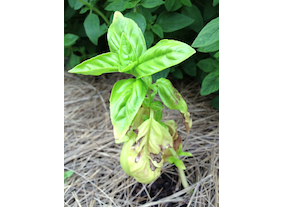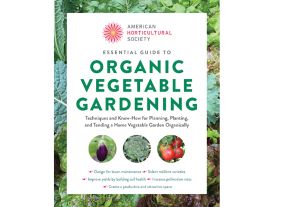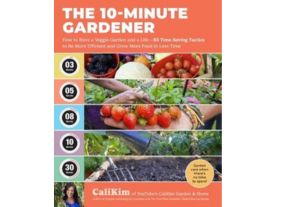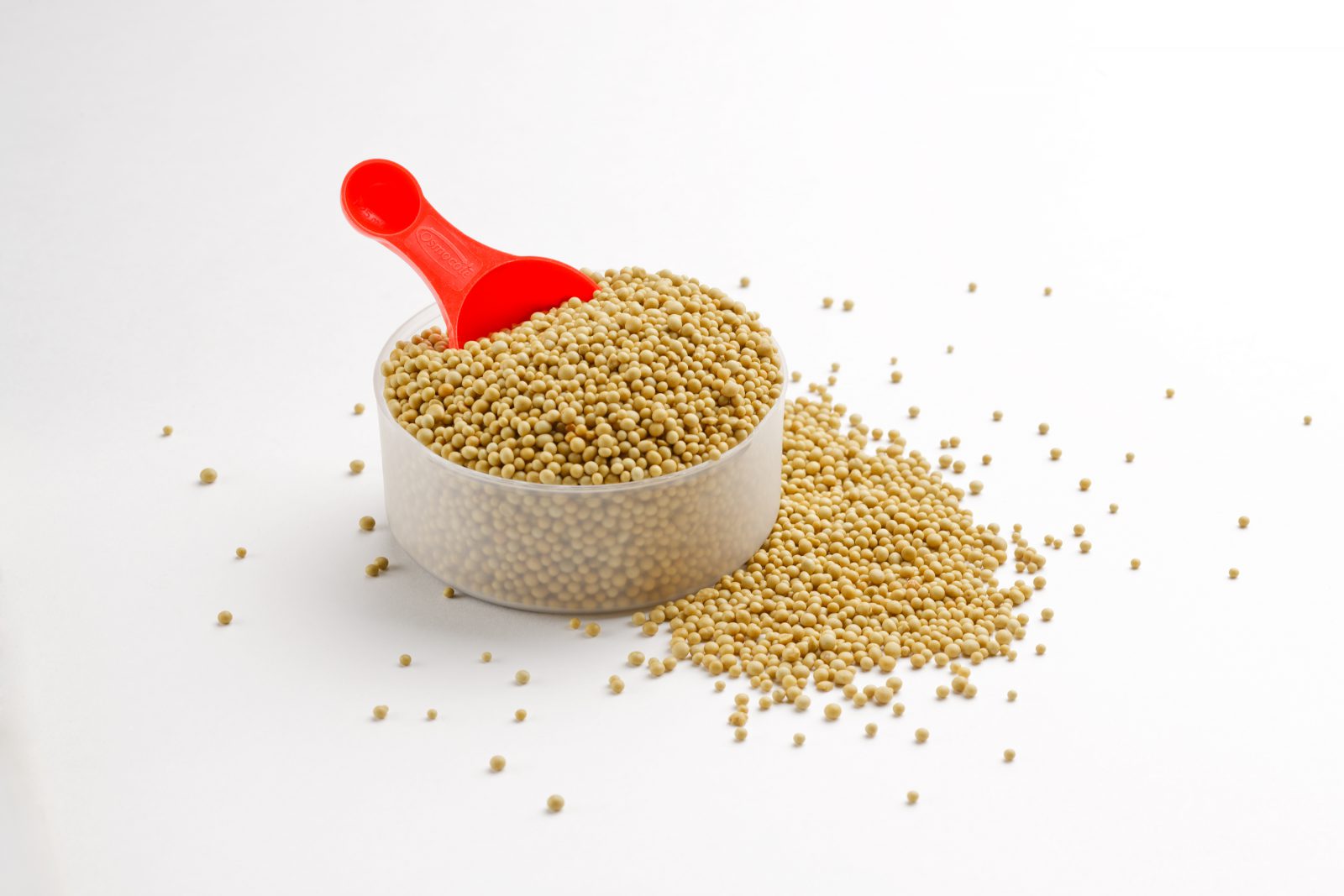Why Basil Leaves Turn Yellow
Views: 38561

It’s a rite of spring: I plant basil transplants into the garden in May and they turn yellow. I fret. And after a few weeks of fretting the basil is suddenly joyously green. I am then free to fret about some other crop, typically my beets or chard.
My basil turns yellow pretty much every spring, and I bet maybe yours is becoming or has become yellowish, too. Here are a few possible reasons why.
Too cool, or too cold
Basil originates from India and eastern Asia, so it’s understandable that it prefers warm temperatures. And remember, if you buy basil in a pot from a garden center, it’s likely been treated in a warm and cozy greenhouse. The shock of being outside in temps under 50F can be too much for the plant.
Too wet
Basil doesn’t like to be too wet. And it’s been raining a lot here. Basil likes well-drained soils. In fact, it likes horrible soils and I’ve grown it in some rotten places with much success. But too much water makes basil leaves unhappy.
Prolonged wet weather also can cause the growth and proliferation of a certain type of downy mildew. See the brownish spots on those leaves? Could quite possibly be an indication of “fuzzy brown stuff” under the leaves. I haven’t gone back to the garden to verify, however. Afraid to look, actually.
Lack of nutrients
Basil may like horrible soil, but it does need some nutrients in order to grow. Yellowing leaves can often mean the basil needs some sort of nutrient application, like a balanced fertilizer (10-10-10). All the rain may also mean the nutrients are being washed away or rinsed downward and out of reach of the basil’s roots. Bad for basil leaves!
Not enough sun
Basil prefers full sun conditions, and its vibrant green will begin to fade when it doesn’t receive enough light.
In my case, I’m pretty sure I plant the basil in the garden too early each spring. I should know by now to wait until the first of June. This year, I probably should have waited longer.
Meet Ellen Wells
When you’re raised on a farm, you can’t help but know a thing or two about gardening. Ellen Wells is our expert on edible gardening.…
Ellen's Recent Posts

New Organic Vegetable Gardening Book






